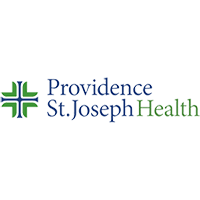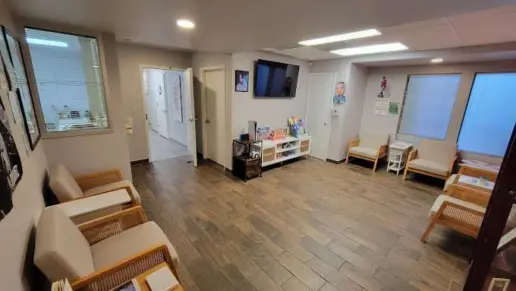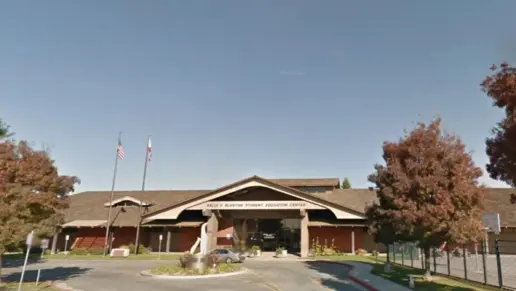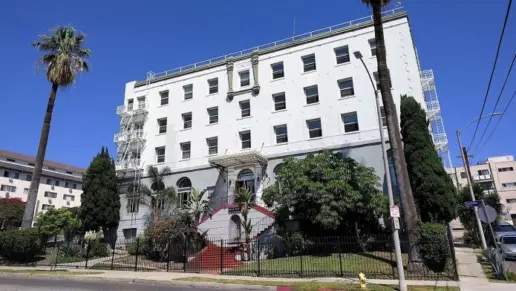About Antelope Valley Mental Health Professionals
Antelope Valley Medical Center is a drug rehab facility in Lancaster, California. The center offers treatment for substance and alcohol use disorder, chemical dependencies, and co-occurring mental and behavioral health disorders. Antelope Valley Medical Center provides detox, inpatient treatment, outpatient treatment, dual diagnosis, case management, and aftercare for adults. Services are available in English and Spanish.
At Antelope Valley Medical Center, clients receive a personalized evaluation and treatment plan. Detox takes place on an inpatient basis. A case management team of clinicians, nurses, and therapists provide 24/7 support.
Antelope Valley Medical Center offers up to 25 beds for clients with acute conditions and 96 beds for clients with behavioral health conditions. Clients have private rooms and undergo group and individual therapy and counseling, family therapy, 24/7 monitoring, and medication management. Recreational and holistic therapy is also available. A discharge plan is coordinated with the case management team to prevent relapse and support recovery.
Antelope Valley Medical Center’s outpatient program consists of continual therapy and counseling for groups and individuals. Family resources may also be provided, along with life skills development, emotional wellness training, and relapse prevention education.
Clients receive continual care and support through Antelope Valley Medical Center’s discharge planning and community resources. Home health care may be available, and the center provides a 24/7 hotline and prevention telephone number. Referrals may be made for specialized care in outside facilities.
Antelope Valley Medical Center is accredited by the Joint Commission.
Antelope Valley Medical Center offers self-pay and financing options. The center may be in-network with insurance providers, such as Aetna, Beacon, BlueCross/BlueShield, Cigna, Humana, Kaiser Permanente, Magellan Health, TRICARE, and Wellpoint. Please contact your insurance provider for specific details concerning out-of-network benefits.
Latest Reviews
Rehab Score
Gallery




Location
Accepted Insurance
Other Forms of Payment
Medicaid is a state based program that helps lower-income individuals and families pay for healthcare. Medicaid covers addiction treatment so those enrolled can use their coverage to pay for rehab. When a program accepts Medicaid the client often pays very little or nothing out of their own pocket.
Private insurance refers to any kind of healthcare coverage that isn't from the state or federal government. This includes individual and family plans offered by an employer or purchased from the Insurance Marketplace. Every plan will have different requirements and out of pocket costs so be sure to get the full details before you start treatment.
Self-pay involves paying for treatment out of your own pocket. You can use savings or credit, get a personal loan, or receive help from family and friends to fund your treatment. If you don't have insurance or your insurance plan doesn't cover a specific program, self-pay can help ensure you still get the care you need.
Medicare is a federal program that provides health insurance for those 65 and older. It also serves people under 65 with chronic and disabling health challenges. To use Medicare for addiction treatment you need to find a program that accepts Medicare and is in network with your plan. Out of pocket costs and preauthorization requirements vary, so always check with your provider.
Military members, veterans, and eligible dependents have access to specific insurance programs that help them get the care they need. TRICARE and VA insurance can help you access low cost or no cost addiction and mental health treatment. Programs that accept military insurance often have targeted treatment focused on the unique challenges military members, veterans, and their families face.
Addiction Treatments
Levels of Care
Treatments
Many of those suffering from addiction also suffer from mental or emotional illnesses like schizophrenia, bipolar disorder, depression, or anxiety disorders. Rehab and other substance abuse facilities treating those with a dual diagnosis or co-occurring disorder administer psychiatric treatment to address the person's mental health issue in addition to drug and alcohol rehabilitation.
Mental health rehabs focus on helping individuals recover from mental illnesses like bipolar disorder, clinical depression, anxiety disorders, schizophrenia, and more. Mental health professionals at these facilities are trained to understand and treat mental health issues, both in individual and group settings.
Programs


Clinical Services
Family therapy offers a platform for members to have an open dialogue about the challenges that addiction has placed on the family unit. Through guided sessions, therapists can help families develop healthy communication skills and address unresolved issues. By working together toward a common goal, they help to support their loved one's sobriety.
Group therapy is any therapeutic work that happens in a group (not one-on-one). There are a number of different group therapy modalities, including support groups, experiential therapy, psycho-education, and more. Group therapy involves treatment as well as processing interaction between group members.
In individual therapy, a patient meets one-on-one with a trained psychologist or counselor. Therapy is a pivotal part of effective substance abuse treatment, as it often covers root causes of addiction, including challenges faced by the patient in their social, family, and work/school life.
Amenities
-
Private Setting
Contact Information
1652 W Ave J
Lancaster, CA 93534














